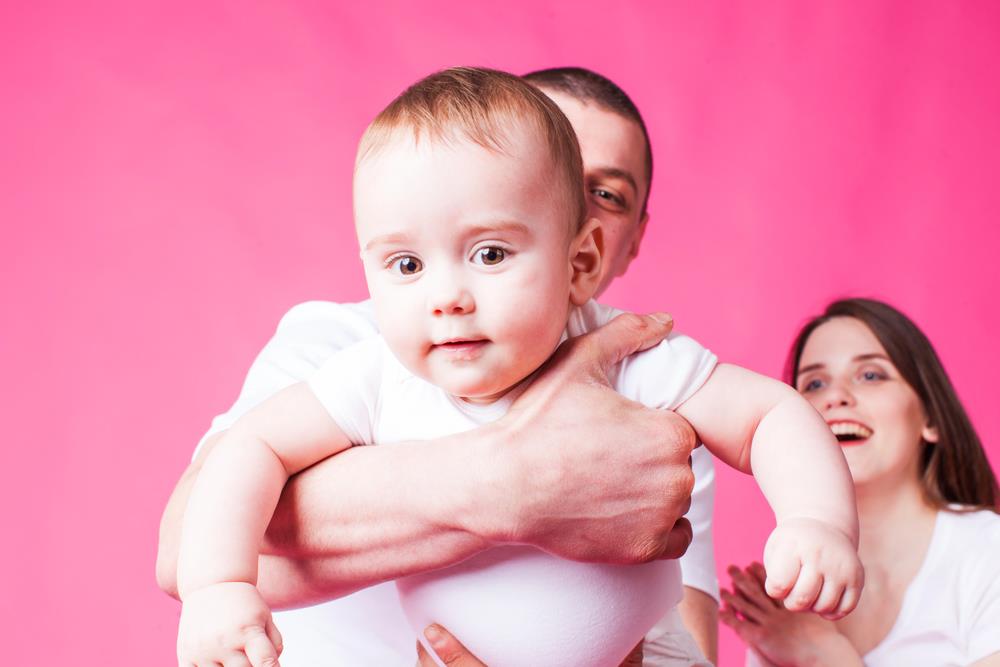Change language:
Despite government attempts, number of births in Hungary at historic low again: here is why

The number of births in February fell by 9.1 percent, while deaths were down by 0.7 percent compared with the same month the previous year, according to Central Statistical Office (KSH) preliminary data. That means 5,653 children were born. The previous historic low was 6,000 in Hungary’s modern history.
Number of births at record low
According to G7, the reason behind the falling number of births is the economic difficulties. Between 2010 and 2021, the total fertility rate increased from 1.25 to 1.61. G7 says the reason was the economic growth in Hungary and Europe. The 2010 low rate was because of the financial crisis hitting Hungary in 2008 and 2009.
However, because of the coronavirus pandemic and the Russian invasion of Ukraine, the fertility rate started to fall steeply. Furthermore, G7 suggests that the increasing family allowances (and the rising e.g. property prices) only resulted in bringing forward childbearing, but did not make becoming a mother or father more attractive. However, reserves have been depleted, so a further decrease is inevitable. Consequently, the difference between births and deaths is brutally high, and Hungary is becoming emptier. Additionally, lots of people left the country to work for higher salaries in Western Europe, which is why segments of the Hungarian economy, especially the traditional manufacturing industry and the construction sectors, need guest workers from Asia.
- Read HERE how Hungary would like to attract Asian guest workers
Number of marriages decline
Fully 5,653 children were born and 10,934 people died compared with February 2024. Marriages declined by 14 percent in the period, KSH said in a statement on Friday. As 2024 was a leap year, the current period is a day shorter than last year, so the birth rate adjusted for the leap day was 5.8 percent lower than the same month last year, while the death rate was 2.8 percent higher.

The natural population decrease was 5,281 people, up 10 percent from February last year, but 14 percent higher than the previous year, taking into account the leap day.
KSH data show that 2,042 couples tied the knot, down 14 percent. With the leap day, the rate of decline was 10 percent. In January-February, 12,043 children were born, 6.5 percent fewer than the same period the previous year. The number of births adjusted for leap day effects was 5 percent lower in Jan-Feb than in the same period the previous year.
Far from the reproductivity level
The estimated total fertility rate per woman was 1.34, compared to 1.40 a year earlier, MTI wrote (and 1.61 in 2021). PM Viktor Orbán talked about the importance of raising that rate to 2.1, the replacement fertility level. It seems that we are far from that, and the trend just keeps worsening.

According to the Hungarian News Agency, fully 23,886 people died, 3.5 percent fewer than in the same period the previous year. Taking into account the leap day, the number of deaths in January-February was 5.2 percent higher than the previous year. Fully 3,646 couples got married, 9.7 percent fewer than the same period a year earlier. Adjusted for the leap day, marriages declined by 7.9 percent.
Read also:
- A Hungarian region struggles with the lowest life expectancy at birth in Europe – read more HERE
- Devastating news: life expectancy at birth in Hungary low, Romania may soon precede Hungary








The birth rate stubbornly refusing to bounce back. Last 12 months TFR is 1.37 compared to 1.49 in the previous 12 months and somewhat higher numbers in the few years before that. Quite what the reason is for the drop in births, is not clear to me. Maybe a combination of the economic situation in Hungary and events round the world (eg Ukraine, Israel). Of course a TFR of 2.1% is in the world of fantasy. That would need a major cultural change. I suppose the number of births will bounce back at some point but where to? That’ll will be interesting.
The reason is simple, if tragic: Young people have been seduced by the notion of Y.O.L.O. They’ve been brainwashed that they’re meant to “enjoy life,” free from responsibility and struggle. Getting married and building a family have been characterized as a fully-avoidable burden as well as an outdated notion.
Why spend $1,000 on a baby’s diapers, clothes, food, or K.G. when you can blow it on a new iPhone and use it to waste hours watching retarded TicTac videos from “content creators” and “influencers”?!
That such young people are more miserable than any other generation and become even more unfulfilled as they get older is purely a coincidence!
This might explain the gradual decline in the number of births that we see round the world. However, it doesn’t really explain the rapid decline we’ve seen in Hungary in the last few years from 93,000 in 2021 to 76,000 in the last 12 months. It’s difficult to think that the attitudes of potential parents have changed so much so quickly.
Before accusing young people (who generally need no encouragement to engage in bedroom activity) of neglecting their duties, you might want to address the problem of a 3 room apartment costing the equivalent of a full-time average local net income in rent and bills near enough anywhere in the country. The government is stoking Europe’s most significant property price bubble, shying away from intervening in the market to temper this social ill. They seek to regulate the price of milk and eggs, but do nothing to try to make housing more affordable for young families which has become by a country mile their biggest monthly expense and has entered the realms of unaffordability.
We don’t live in the 19th century when raising a family in a room was considered socially acceptable.
From 2022.
https://old.bitchute.com/video/xBdECcySufW9/
This seems a much more likely reason that the others noted here. Giving families lots of money to buy a property does encourage them to have more children. However what has happened is that the money has simply pushed up property prices generally, pricing the next generation of potential parents out of the market. The only people now benefiting are those who already own property. The Hungarian government is not the only one that’s fallen into this trap.
If they really believe that buying a decent property is important to young couples (which it probably is), what they need to do is introduce policies that reduce prices, not increase them. Probably this would have to be some new taxes. Obviously this wouldn’t be too popular with many of their supporters but it’s an obvious thing that needs to be done.